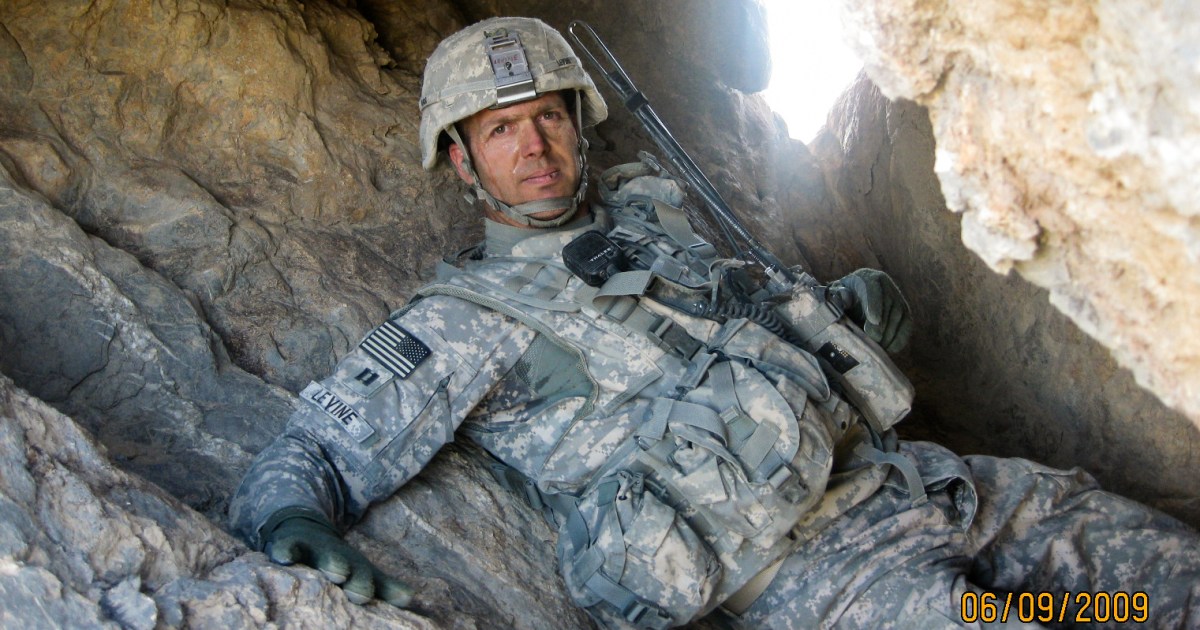Charles Levine, a retired lieutenant colonel, found himself in a precarious financial situation following his decision to extend his military service. In February, just as he was preparing to retire from the Army after 30 years of dedicated service—including five deployments and leadership roles in Iraq and Afghanistan—Levine learned that he would not receive the over $40,000 in moving benefits typically available to retirees.
“It was a broken promise,” said Levine, 59. “I was incredulous.”
Levine and his wife, Ginger, have been renting an apartment in Charlottesville, Virginia, for $2,800 per month, expecting the military to assist in relocating them from their on-post housing at West Point, the military academy in New York. The couple estimates that it would cost them around $42,000 to manage the packing, transporting, and storage of their belongings independently, leaving them feeling trapped at West Point while incurring an additional $4,400 a month in rent.
“We cannot afford to move and we cannot afford to stay,” Ginger lamented.
To save on costs, Ginger, 53, has taken to gathering used cardboard boxes and packing materials from neighbors, admitting, “I feel humiliated that this is how our service ends.”
Reflecting on the impact of this unexpected financial burden, Levine questioned the wisdom of his decision to serve beyond his retirement eligibility. “That’s the one thing that rises to the level where perhaps I did make a mistake,” he said.
Having begun his military career in the National Guard from 1995 to 2001, Levine transitioned to active duty shortly after the September 11 terrorist attacks. Over the next two decades, he faced extraordinary challenges, including intense combat and numerous air assaults while searching for a fellow soldier. He concluded his last six years teaching calculus to cadets at West Point and received several commendations, including three Bronze Stars.
Through these years, he missed significant personal milestones, such as holidays, the birth of his first grandchild, and his son’s high school football games. “We’ve given everything we have,” Levine stated.
In the fall of 2022, after achieving the maximum length of time in active duty, Levine opted to continue at West Point, convinced by senior Army Reserve leaders to teach as part of the Reserve instead of retiring outright. However, just before his formal retirement in March, he was informed that he would not receive the moving benefits he expected.
Ginger expressed her frustration: “We were told, without warning, that our family would not receive any support for our final move. No shipment of household goods, no storage, and no recognition of the circumstances.”
An Army spokesperson, Lt. Col. Orlandon Howard, explained that soldiers like Levine who defer retirement after more than 20 years of service to join the Reserve have a limited timeframe—about six months—to utilize their moving benefits, whereas those who retire directly from active duty have three years.
Howard added that the Army provides various resources and support to help soldiers make informed decisions about their military transitions. However, Levine contended that his separation should be classified as involuntary, which he believes would entitle him to benefits for three years. He also pointed out that specific regulations allow for four years of benefits for service members pursuing advanced education.
The Levines have spent over three months advocating for their case, but after realizing the mounting costs of two separate rents, they decided to use their savings for the move. “I broke,” Ginger admitted. “I was emotionally broken.”
After receiving estimates from moving and storage services, the couple found that packing themselves would still result in at least $42,000 in out-of-pocket expenses. Their combined monthly income consists of Levine’s pension of about $5,000 and Ginger’s severance pay, which ends in September following her resignation from federal employment.
For the first time in their lives, Levine lamented, they find themselves in debt. He reflects on the pride and joy he felt during his retirement ceremony in February, where a four-star general honored his service. “It was amazing. I was dreading leaving. I felt really fulfilled. All those things went away and evaporated,” he said, expressing the stark contrast between his expectations for retirement and his current circumstances.

